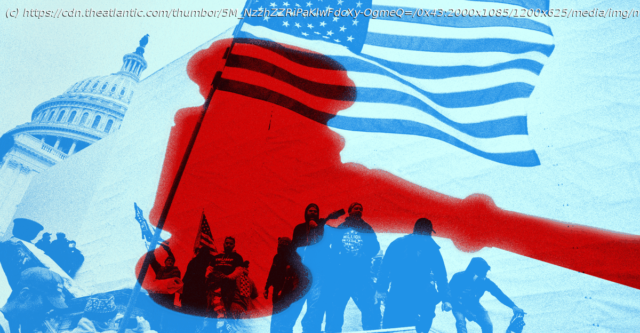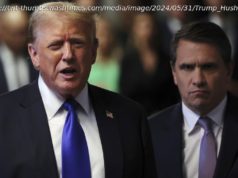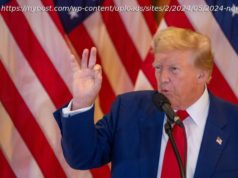Judge David Carter sliced through rhetorical nonsense and confirmed what everyone saw at the time.
About the author: David A. Graham is a staff writer at The Atlantic. “The illegality of the plan was obvious.” Attorneys, as a class, are not typically well regarded for their writing; not for nothing do we call sentences that are incomprehensible, jargon-laden, or obfuscatory “legalese.” Yet what makes an order from federal Judge David Carter today important is less its legal ramifications than the simple clarity of the view it offers of former President Donald Trump’s attempt to steal the 2020 election. Carter’s order continues: “Our nation was founded on the peaceful transition of power, epitomized by George Washington laying down his sword to make way for democratic elections. Ignoring this history, President Trump vigorously campaigned for the Vice President to single-handedly determine the results of the 2020 election. As Vice President Pence stated, ‘no Vice President in American history has ever asserted such authority.’ Every American—and certainly the President of the United States—knows that in a democracy, leaders are elected, not installed.” The subject at hand in Carter’s order is whether John Eastman, the conservative legal scholar who masterminded (if we may use the term) the paperwork coup, could shield his emails from the House Select Committee investigating the January 6 insurrection. Carter’s short answer is: no. He ruled that most of the messages must be turned over, though he concluded that the committee is not entitled to a few of them. The order is likely to get more attention than the average procedural battle over the House committee’s work, thanks to the reasoning Carter used to reach his conclusion and the way he phrased it. Eastman argued that the documents in question were subject to attorney-client privilege or similar work-product protection, and therefore should not be shared. The committee’s lawyers argued, in part, that Eastman was not working as Trump’s attorney at the time—but Carter rejected that claim. The attorney-client privilege, however, cannot be used to hide violations of the law, or every clever aspiring or active criminal would just keep lawyers around to keep their communications confidential. (Some do try this, though.






